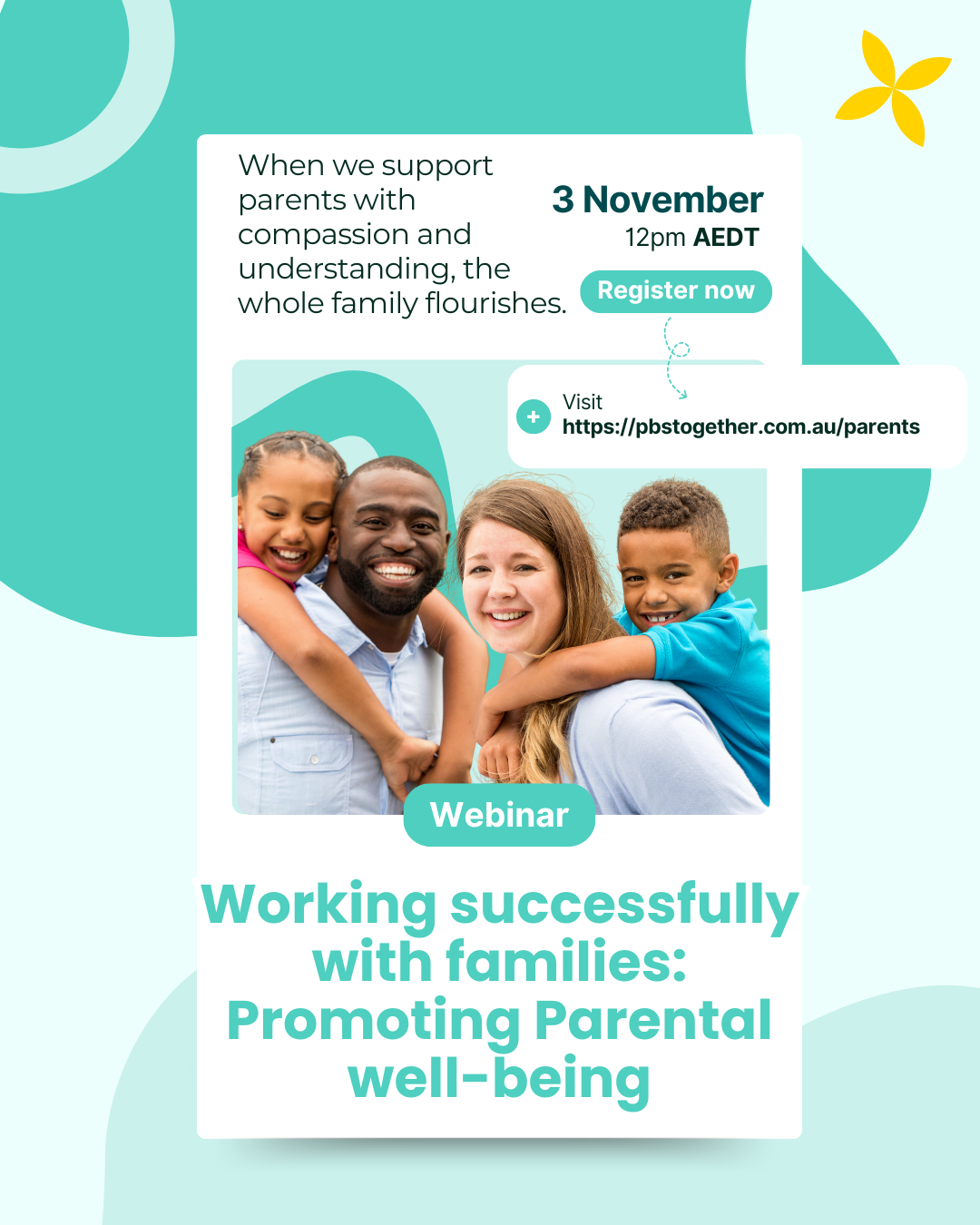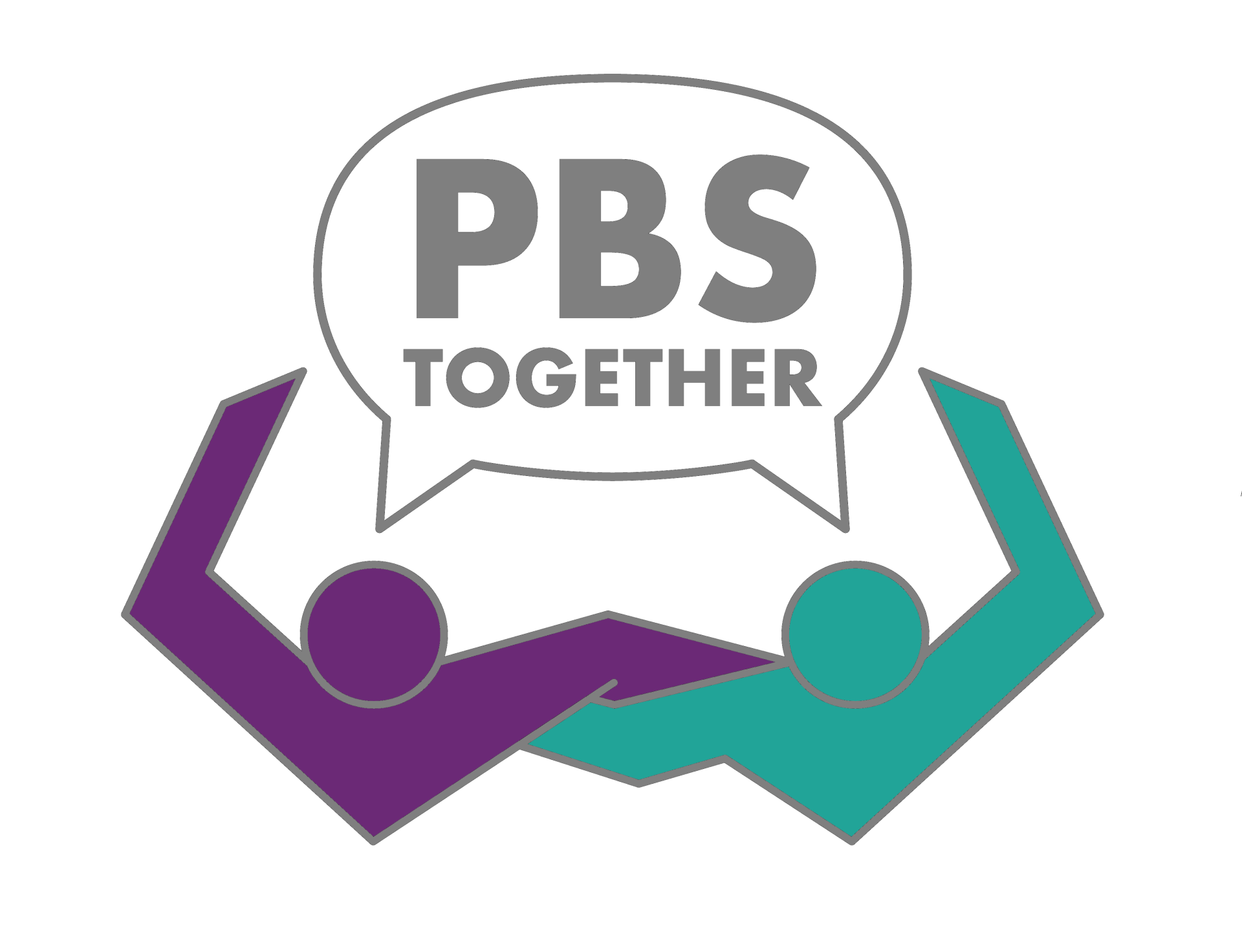Kittelman, A., Strickland-Cohen, M. K., McGrath Kato, M., McIntosh, K., & Horner, R. H. (2025).
Check-In/Check-Out Participation Patterns Within U.S. Schools. Journal of Positive Behavior Interventions, 0(0). https://doi.org/10.1177/10983007241312419
Kittelman, A., Cohen Lissman, D., Strickland-Cohen, M. K., McGrath Kato, M., Flannery, K. B., Horner, R. H., Izzard, S., St. Joseph, S., & Mowery, A. (2023).
CICO-Secondary: A Single-Case Experimental Study in High School. Journal of Positive Behavior Interventions, 26(2), 89-100. https://doi.org/10.1177/10983007231200542
Massar, M. M., Horner, R. H., Kittelman, A., & Conley, K. M. (2022).
Mechanisms of Effective Coaching: Using Prompting and Performance Feedback to Improve Teacher and Student Outcomes. Journal of Positive Behavior Interventions, 25(3), 169-184. https://doi.org/10.1177/10983007221133524
Kittelman, A., Strickland-Cohen, M. K., Conley, K. M., & Horner, R. H. (2022).
Allocating Resources for Tier 2 and 3 Implementation Within Positive Behavioral Interventions and Supports. TEACHING Exceptional Children, 57(1), 14-22. https://doi.org/10.1177/00400599221125889
Halle, J. W., & Horner, R. H. (2021).
Introduction to an Agenda for Advancing the Field of Severe Disabilities. Research and Practice for Persons with Severe Disabilities, 46(3), 131. https://doi.org/10.1177/15407969211030966
Kittelman, A., Horner, R. H., & Rowe, D. A. (2020).
Selecting Evidence-Based Practices to Improve Learning and Behavior. TEACHING Exceptional Children, 53(2), 96-98. https://doi.org/10.1177/0040059920964684
Monzalve, M., & Horner, R. H. (2020).
The Impact of the Contextual Fit Enhancement Protocol on Behavior Support Plan Fidelity and Student Behavior. Behavioral Disorders, 46(4), 267-278. https://doi.org/10.1177/0198742920953497
Sugai, G., & Horner, R. H. (2019).
Sustaining and Scaling Positive Behavioral Interventions and Supports: Implementation Drivers, Outcomes, and Considerations. Exceptional Children, 86(2), 120-136. https://doi.org/10.1177/0014402919855331
Dunlap, G., Carr, E. G., Horner, R. H., Koegel, R. L., Sailor, W., Clarke, S., Koegel, L. K., Albin, R. W., Vaughn, B. J., McLaughlin, D. M., James, K. M., Todd, A. W., Newton, J. S., Lucyshyn, J., Griggs, P., Bohanon, H., Choi, J. H., Vismara, L., Minjarez, M. B., … Fox, L. (2019). A
Descriptive, Multiyear Examination of Positive Behavior Support. Behavioral Disorders, 35(4), 259-279. https://doi.org/10.1177/019874291003500401
Horner, R. H., & Dunlap, G. (2018).
Future Directions for Tash: Combining Values and Science. Research and Practice for Persons with Severe Disabilities, 37(2), 111-115. https://doi.org/10.1177/154079691203700206
Horner, R. H., Ward, C. S., Fixsen, D. L., Sugai, G., McIntosh, K., Putnam, R., & Little, H. D. (2018).
Resource Leveraging to Achieve Large-Scale Implementation of Effective Educational Practices. Journal of Positive Behavior Interventions, 21(2), 67-76. https://doi.org/10.1177/1098300718783754
Horner, R. H., & Halle, J. W. (2018).
Commentary on “Perspectives on the State of the Art (and Science) of Selected Life-Span Services”. Research and Practice for Persons with Severe Disabilities, 43(2), 90-93. https://doi.org/10.1177/1540796918759766
McIntosh, K., Mercer, S. H., Nese, R. N. T., Strickland-Cohen, M. K., Kittelman, A., Hoselton, R., & Horner, R. H. (2018).
Factors Predicting Sustained Implementation of a Universal Behavior Support Framework. Educational Researcher, 47(5), 307-316. https://doi.org/10.3102/0013189X18776975
Horner, R. H., Newton, J. S., Todd, A. W., Algozzine, B., Algozzine, K., Cusumano, D., & Preston, A. (2018).
A Randomized Waitlist Controlled Analysis of Team-Initiated Problem Solving Professional Development and Use. Behavioral Disorders, 43(4), 444-456. https://doi.org/10.1177/0198742917745638
Kratochwill, T. R., Levin, J. R., & Horner, R. H. (2017).
Negative Results: Conceptual and Methodological Dimensions in Single-Case Intervention Research. Remedial and Special Education, 39(2), 67-76. https://doi.org/10.1177/0741932517741721
Horner, R. H., & Sugai, G. (2017).
Future Directions for Positive Behavior Support: A Commentary. Journal of Positive Behavior Interventions, 20(1), 19-22. https://doi.org/10.1177/1098300717733977
Todd, A. W., Algozzine, B., Horner, R. H., Preston, A. I., Cusumano, D., & Algozzine, K. (2017).
A Descriptive Study of School-Based Problem-Solving. Journal of Emotional and Behavioral Disorders, 27(1), 14-24. https://doi.org/10.1177/1063426617733717
Pinkelman, S. E., & Horner, R. H. (2016).
Improving Implementation of Function-Based Interventions: Self-Monitoring, Data Collection, and Data Review. Journal of Positive Behavior Interventions, 19(4), 228-238. https://doi.org/10.1177/1098300716683634
Smolkowski, K., Girvan, E. J., Mcintosh, K., Nese, R. N. T., & Horner, R. H. (2016).
Vulnerable Decision Points for Disproportionate Office Discipline Referrals: Comparisons of Discipline for African American and White Elementary School Students. Behavioral Disorders, 41(4), 178-195. https://doi.org/10.17988/bedi-41-04-178-195.1
McIntosh, K., Massar, M. M., Algozzine, R. F., George, H. P., Horner, R. H., Lewis, T. J., & Swain-Bradway, J. (2016).
Technical Adequacy of the SWPBIS Tiered Fidelity Inventory. Journal of Positive Behavior Interventions, 19(1), 3-13. https://doi.org/10.1177/1098300716637193
Strickland-Cohen, M. K., Kennedy, P. C., Berg, T. A., Bateman, L. J., & Horner, R. H. (2016).
Building School District Capacity to Conduct Functional Behavioral Assessment. Journal of Emotional and Behavioral Disorders, 24(4), 235-246. https://doi.org/10.1177/1063426615623769
Algozzine, B., Horner, R. H., Todd, A. W., Newton, J. S., Algozzine, K., & Cusumano, D. (2015).
Measuring the Process and Outcomes of Team Problem Solving. Journal of Psychoeducational Assessment, 34(3), 211-229. https://doi.org/10.1177/0734282915592535
Singer, G. H. S., Horner, R. H., Dunlap, G., & Wang, M. (2015).
Standards of Proof: TASH, Facilitated Communication, and the Science-Based Practices Movement. Research and Practice for Persons with Severe Disabilities, 39(3), 178-188. https://doi.org/10.1177/1540796914558831
McIntosh, K., Kim, J., Mercer, S. H., Strickland-Cohen, M. K., & Horner, R. H. (2014). V
ariables Associated With Enhanced Sustainability of School-Wide Positive Behavioral Interventions and Supports. Assessment for Effective Intervention, 40(3), 184-191. https://doi.org/10.1177/1534508414556503
Strickland-Cohen, M. K., & Horner, R. H. (2014).
Typical School Personnel Developing and Implementing Basic Behavior Support Plans. Journal of Positive Behavior Interventions, 17(2), 83-94. https://doi.org/10.1177/1098300714554714
Hitchcock, J. H., Horner, R. H., Kratochwill, T. R., Levin, J. R., Odom, S. L., Rindskopf, D. M., & Shadish, W. R. (2014).
The What Works Clearinghouse Single-Case Design Pilot Standards: Who Will Guard the Guards? Remedial and Special Education, 35(3), 145-152. https://doi.org/10.1177/0741932513518979
Strickland-Cohen, M. K., McIntosh, K., & Horner, R. H. (2014).
Effective Practices in the Face of Principal Turnover. TEACHING Exceptional Children, 46(3), 19-25. https://doi.org/10.1177/004005991404600302
Horner, R. H., Kincaid, D., Sugai, G., Lewis, T., Eber, L., Barrett, S., Dickey, C. R., Richter, M., Sullivan, E., Boezio, C., Algozzine, B., Reynolds, H., & Johnson, N. (2013).
Scaling Up School-Wide Positive Behavioral Interventions and Supports: Experiences of Seven States With Documented Success. Journal of Positive Behavior Interventions, 16(4), 197-208. https://doi.org/10.1177/1098300713503685
Dunlap, G., Kincaid, D., Horner, R. H., Knoster, T., & Bradshaw, C. P. (2013).
A Comment on the Term “Positive Behavior Support”. Journal of Positive Behavior Interventions, 16(3), 133-136. https://doi.org/10.1177/1098300713497099
Ross, S. W., & Horner, R. H. (2013).
Bully Prevention in Positive Behavior Support: Preliminary Evaluation of Third-, Fourth-, and Fifth-Grade Attitudes Toward Bullying. Journal of Emotional and Behavioral Disorders, 22(4), 225-236. https://doi.org/10.1177/1063426613491429
Gage, N. A., Freeman, J., Horner, R. H., Sugai, G., Lewis, T. J., & Strickland-Cohen, K. (2013).
Funding Support for School-Wide Positive Behavioral Interventions and Support Implementation and Scale-Up: A Descriptive Study of Nine States. Journal of Disability Policy Studies, 25(3), 164-174. https://doi.org/10.1177/1044207313488943
Loman, S. L., & Horner, R. H. (2013).
Examining the Efficacy of a Basic Functional Behavioral Assessment Training Package for School Personnel. Journal of Positive Behavior Interventions, 16(1), 18-30. https://doi.org/10.1177/1098300712470724
Kratochwill, T. R., Hitchcock, J. H., Horner, R. H., Levin, J. R., Odom, S. L., Rindskopf, D. M., & Shadish, W. R. (2012).
Single-Case Intervention Research Design Standards. Remedial and Special Education, 34(1), 26-38. https://doi.org/10.1177/0741932512452794
Coffey, J. H., & Horner, R. H. (2012).
The Sustainability of Schoolwide Positive Behavior Interventions and Supports. Exceptional Children, 78(4), 407-422. https://doi.org/10.1177/001440291207800402
Sanford, A. K., & Horner, R. H. (2012).
Effects of Matching Instruction Difficulty to Reading Level for Students With Escape-Maintained Problem Behavior. Journal of Positive Behavior Interventions, 15(2), 79-89. https://doi.org/10.1177/1098300712449868
Algozzine, B., Newton, J. S., Horner, R. H., Todd, A. W., & Algozzine, K. (2011).
Development and Technical Characteristics of a Team Decision- Making Assessment Tool: Decision Observation, Recording, and Analysis (DORA). Journal of Psychoeducational Assessment, 30(3), 237-249. https://doi.org/10.1177/0734282911423884
Ross, S. W., Romer, N., & Horner, R. H. (2011).
Teacher Well-Being and the Implementation of School-Wide Positive Behavior Interventions and Supports. Journal of Positive Behavior Interventions, 14(2), 118-128. https://doi.org/10.1177/1098300711413820
Check more articles here.
